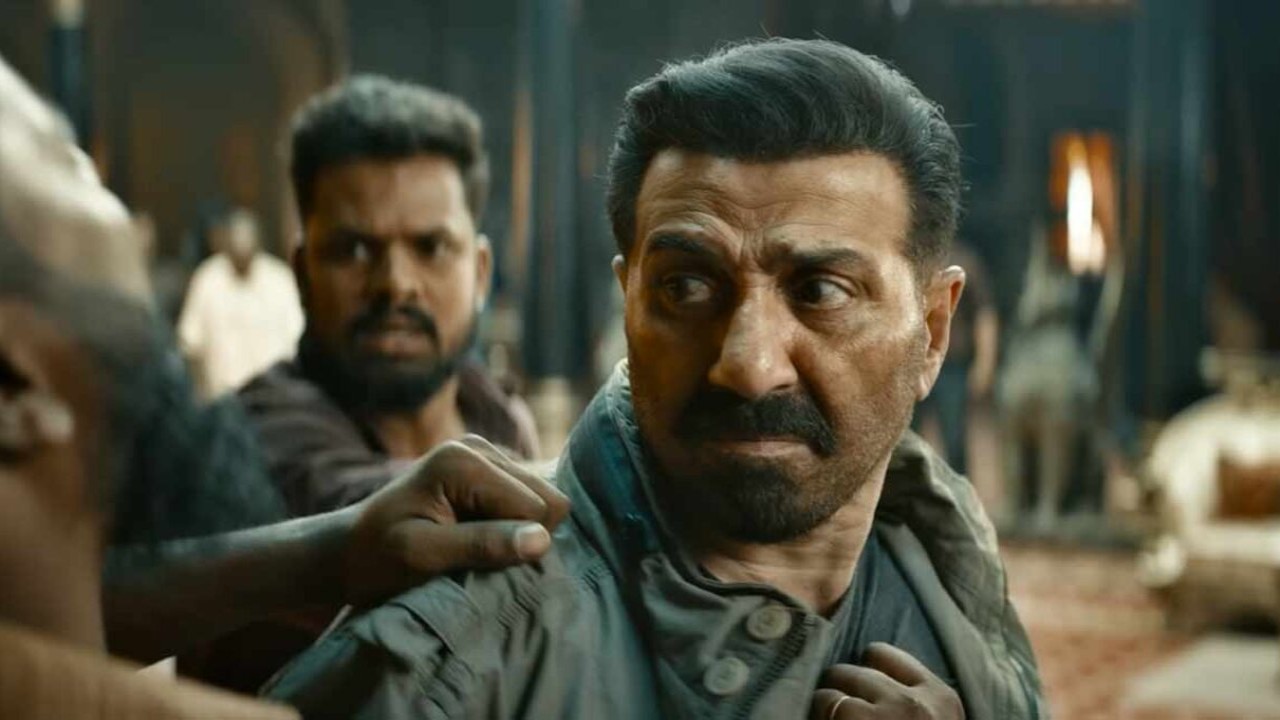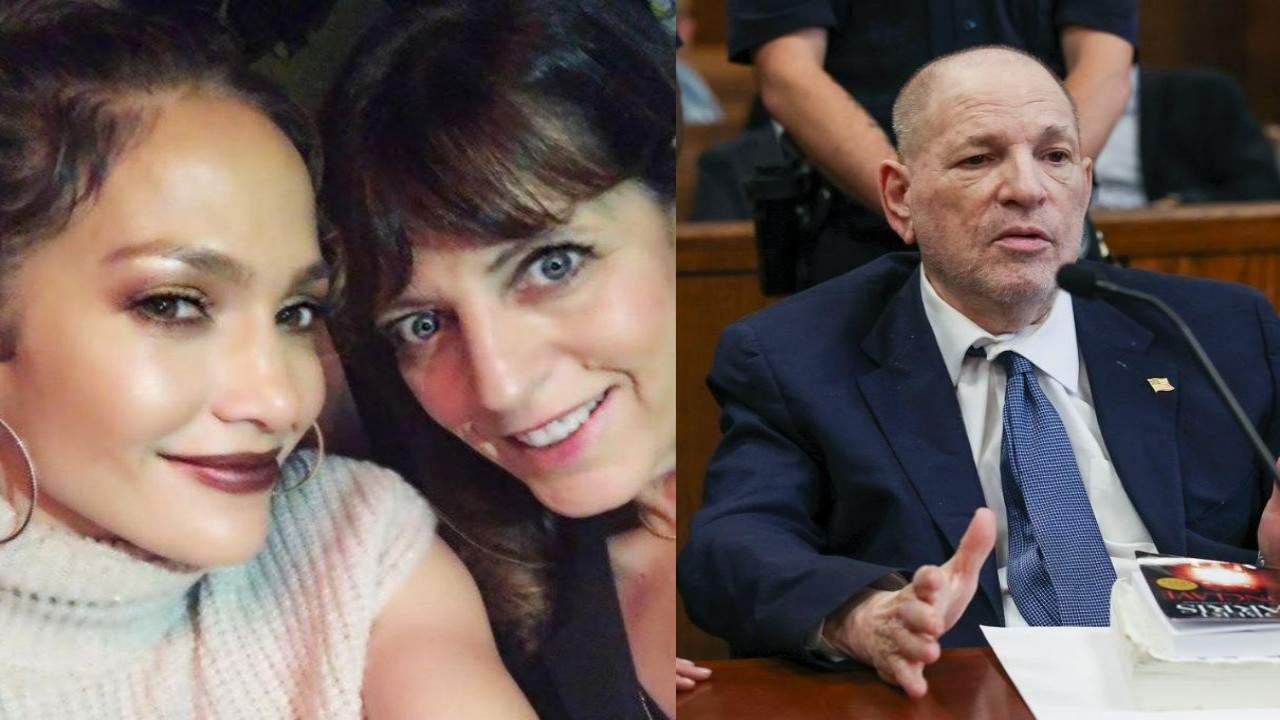Israeli Strikes Continue in Lebanon Amidst Ceasefire Tensions with Hezbollah

In a troubling development in the ongoing tensions between Israel and Hezbollah, the Israeli military has maintained a pattern of near-daily airstrikes in Lebanon, despite a ceasefire agreement that was brokered last November. This ceasefire aimed to bring an end to more than a year of intense conflict fueled by the animosity between Israel and the Iran-backed militant group Hezbollah.
Recently, Lebanons Health Ministry reported that an Israeli airstrike targeted a vehicle near the southern coastal city of Sidon, resulting in the death of one individual. In their statement, the ministry confirmed the death occurred on what was noted as the fourth consecutive day of Israeli attacks in southern Lebanon. The attack carried out by the Israeli enemy against a car on the Sidon-Ghaziyeh road resulted in one dead, the statement read.
An Associated Press journalist present at the scene reported that the airstrike struck a four-wheel-drive vehicle, causing a large plume of black smoke to rise into the sky. Following the incident, members of the Lebanese security forces secured the area as a crowd gathered to gaze at the charred wreckage after fire crews extinguished the ensuing flames.
Israel later confirmed via a military statement that the strike had specifically targeted a member of Hezbollah, identified as Muhammad Jaafar Mannah Asaad Abdallah. The statement asserted that Abdallah was involved in coordinating Hezbollahs communication systems across Lebanon. This claim is part of a broader narrative from the Israeli military, which has reported responsibility for numerous strikes in the region this week, asserting that they have succeeded in eliminating several Hezbollah operatives.
Despite the ceasefire agreement, which sought to de-escalate hostilities, Hezbollah has claimed that it remains committed to the terms of the deal. However, the ongoing Israeli strikes have raised serious concerns about the stability of the situation. The United Nations has reported that at least 71 civilians have lost their lives as a result of Israeli operations in Lebanon since the ceasefire was established. This grim statistic includes the deaths of 14 women and nine children. Thameen al-Kheetan, a spokesperson for the UN Office for the High Commissioner for Human Rights (OHCHR), has called for thorough investigations into every military action that results in civilian casualties.
Under the terms of the November ceasefire, Israel was expected to withdraw all of its forces from southern Lebanon, while Hezbollah was required to move its fighters back north of the Litani River and dismantle any remaining military infrastructure in the southern region. Nevertheless, Israeli troops have continued to occupy five strategic positions in southern Lebanon, a clear violation of the ceasefire agreement.
In response to the escalating tensions, Lebanons army has begun deploying forces in the southern regions near the border where Israeli troops have retreated. President Joseph Aoun of Lebanon stated in an interview with Al Jazeera that the Lebanese military is actively dismantling tunnels and confiscating weapon caches south of the Litani River, claiming their operations face no problems from Hezbollah.
On Thursday, a senior official from Hezbollah indicated that the group would be willing to engage in discussions with the Lebanese president regarding its arms, provided that Israel withdraws from southern Lebanon and ceases its military operations. In a similarly defiant stance, another Hezbollah official insisted that the organization would not entertain the idea of relinquishing its weapons to the Lebanese army unless Israel first completed its withdrawal and halted its aggression against Lebanon.
Wouldnt it be logical for Israel to first withdraw, then release the prisoners, then cease its aggression and then we discuss a defensive strategy? asked Wafiq Safa during an interview on Hezbollahs Al Nur radio station. He emphasized that any strategy must focus on protecting Lebanon, rather than disarming the party.




























